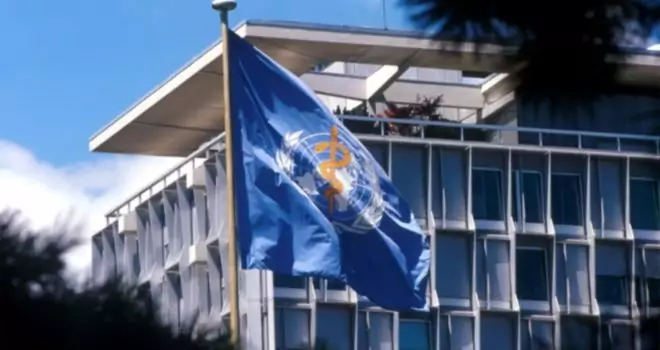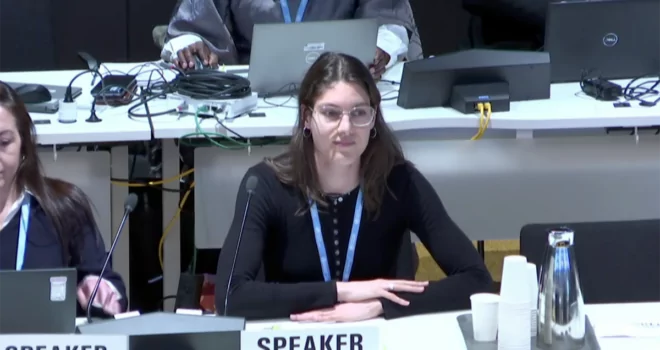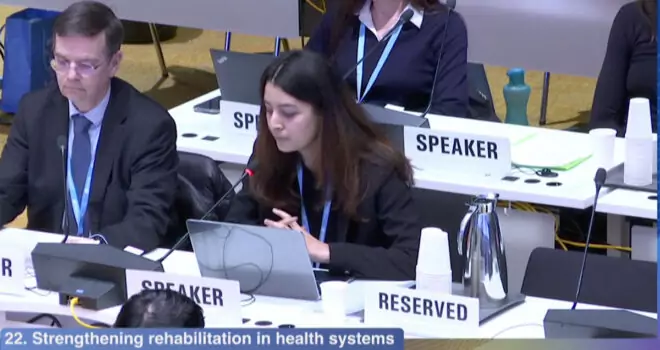On 28 January, World Heart Federation’s Alastair White delivered a statement on the Migrant Health agenda item at the 138th Session of the World Health Organization Executive Board in Geneva.
The WHF statement he delivered focused on how delivering high quality, timely health care to migrants, refugees and displaced populations is perhaps the most stringent test of our health systems and limited resources.
Q&A with Alastair White, Advocacy Assistant, WHF
This short Q&A with Alastair provides information on cardiovascular disease (CVD) and other non-communicable diseases (NCDs) among migrant and refugee populations, and WHF’s recommendations.
What CVD needs are experienced by migrants, refugees and displaced people?
As regional crises become increasingly protracted, new NCDs are increasing among migrant and refugee populations, even as they struggle to manage pre-existing conditions. CVD and diabetes are among the most common health problems for refugees and migrants: in 2009, screening of Iraqi refugees prior to resettlement in a third country showed a 33% prevalence of hypertension among the population. So the needs are many and global provision is currently inadequate
What recommendations does WHF make regarding migrant health?
In our statement to the WHO at the Executive Board meeting, we make four recommendations:
To increase access to essential medicines for CVD, such as aspirin, and essential technologies, such as blood pressure cuffs, in crisis environments
To increase research into CVD and other NCDs in emergency settings
To train non-specialist healthcare professionals and volunteers to diagnose and treat NCDs in emergency settings
To integrate migrants, refugees and disaplaced people into national health systems as quickly as possible, so they can receive the treatment and support that they need
Who else is concerned with NCDs and migrant health?
Health and development organizations are becoming more and more cognisant of the disproportional burden of NCDs on migrant, refugee and displaced populations. Médicins Sans Frontièrs (MSF) is particularly active in this area, and the World Heart Federation is exploring ways we can work more closely with them moving forward.


